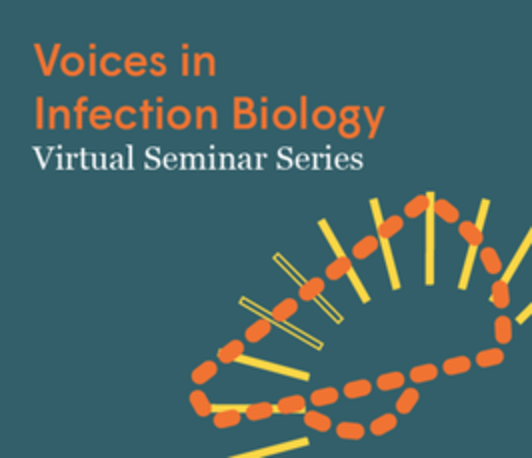Hijackers, hitchhikers, or co-drivers? The mysteries of mobilizable genetic elements
Voices in Infection Biology
- Date: Sep 23, 2024
- Time: 04:00 PM (Local Time Germany)
- Speaker: Eduardo Rocha
- Institut Pasteur, CNRS, Université Paris Cité
- Location: Max Planck Institute for Infection Biology and via Zoom
- Room: seminar room 1+2
- Host: Felix M. Key
- Contact: vseminars@mpiib-berlin.mpg.de

If you are interested in joining the seminar, please contact: vseminars@mpiib-berlin.mpg.de. You will receive an automatic reply containing the Zoom link for the seminar.
Would you like to regularly receive the Zoom link for upcoming Voices in Infection Biology seminars as well as event updates from the Max Planck Institute for Infection Biology? Subscribe to our Newsletter!
Horizontal gene transfer driven by self-mobilizable genetic elements allows the acquisition of complex adaptive traits and their transmission to subsequent generations. Horizontal transfer speeds up evolutionary processes as exemplified by the acquisition of virulence traits in emerging infectious agents and by antibiotic resistance in many human pathogens. Mobile genetic elements themselves evolve extremely fast in terms of their gene repertoires. This is partly because transfer is costly, their traits are often under balancing selection, and vectors of horizontal transfer compete within genomes. As a result, bacterial genomes are littered with mobile genetic elements that encode immune systems protecting them, and eventually their host, from other mobile genetic elements. Our most recent work shows that many, if not most, mobile genetic elements need to hijack the machinery of other mobile genetic elements to spread across microbial communities. Hence, bacterial genomes are shaped by interactions between autonomous and semi-autonomous agents that evolve within the parasitism-mutualism continuum.